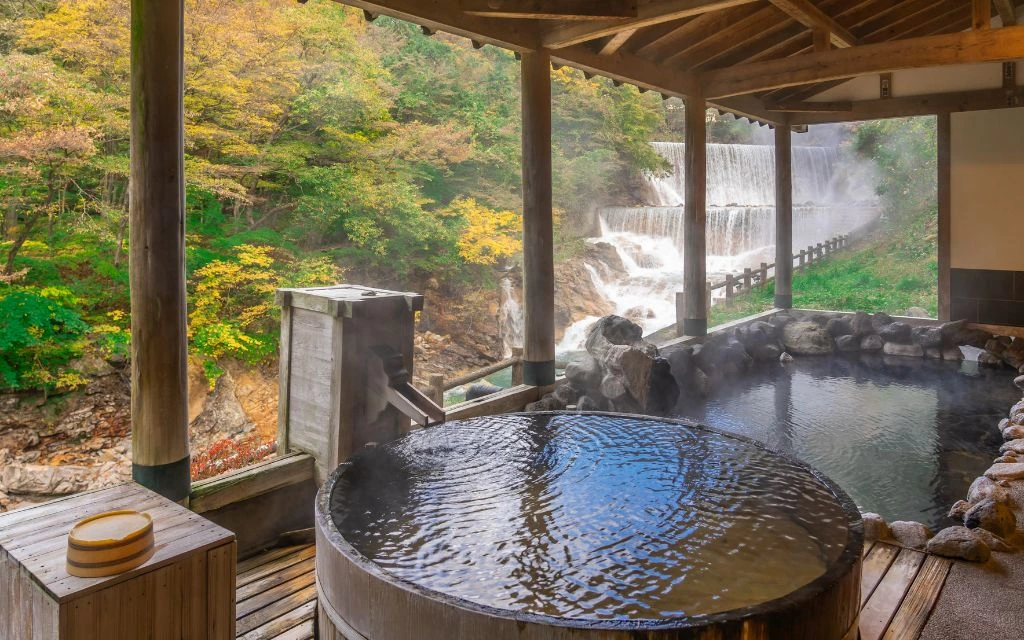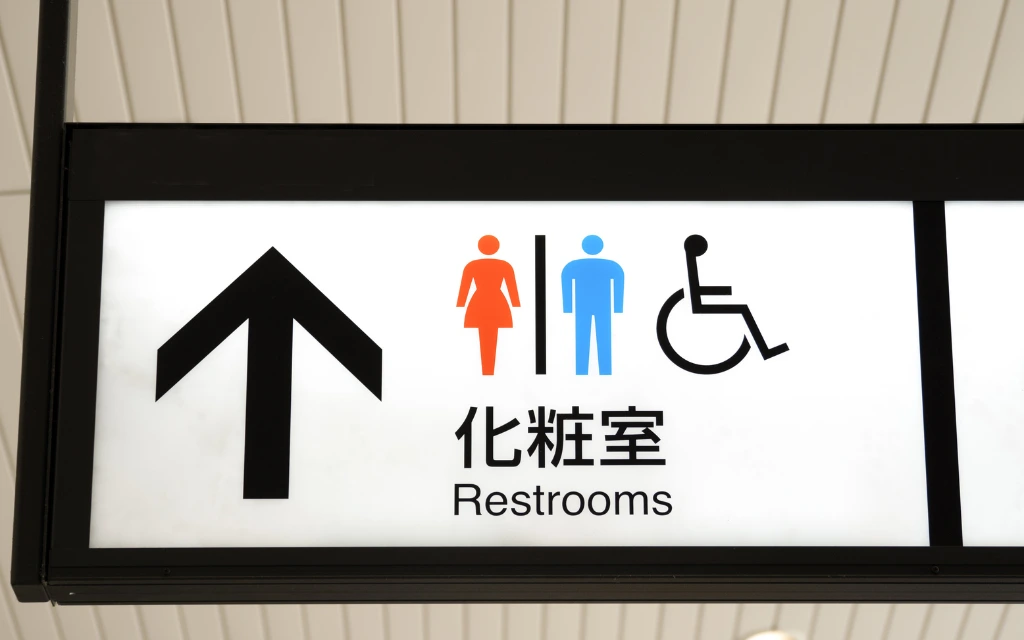Culture Shock Examples in Japan: Japan is not only rich in culture and history but also home to many prestigious universities, attracting students from around the world. However, adjusting to life in Japan can be challenging, especially for newcomers unfamiliar with its customs and fast-paced lifestyle. From social etiquette to daily routines, culture shock is common among international students.
In this blog, we’ll explore some culture shock examples in Japan to help you understand what to expect and how to adapt. Whether you’re planning to study in Japan or just curious, this guide will prepare you for the journey ahead. Let’s get started!
Table of contents
What is Culture Shock?
Culture shock is a feeling of disorientation that arises when one encounters a radically different culture. For international students in Japan, this shock can come from various aspects like language barriers, societal norms, daily routines, food habits, and more. The process of adapting to a new environment can be challenging since it involves learning a new culture on top of that.
Also Read: Want to know more about Japanese Culture, then refer to How to Greet in Japanese? Important Greeting Customs in Japan
10 Culture Shock Examples in Japan
Moving from India to Japan for studies can be an exciting journey, but it can also be a challenging one due to cultural differences. Check out some of the culture shock examples in Japan that Indian students might face when they start their studies in Japan.
Unfamiliar Food Habits
Japanese cuisine is known for its variety and presentation. However, for students from India, accustomed to a different type of food, this can be quite a culture shock. The portion sizes, the types of food served, and the overall presentation style can be quite different from what they are used to in India.
For instance, Japanese food is often prepared with high-quality ingredients and presented in a visually appealing manner, which is a stark contrast to the traditional Indian style of cooking. As a result, adjusting to Japanese cuisine becomes one of the most common Culture Shock Examples in Japan for Indian students.
Public Transportation
One of the biggest Culture Shock Examples in Japan for students from India is the country’s highly efficient and organized public transportation system. Unlike India, where trains and buses are often crowded, Japan has a highly efficient and organised public transportation system. Students from India, accustomed to crowded and chaotic public transportation, might find this quite overwhelming initially.
However, once they become familiar with the system, they might appreciate the convenience and efficiency of Japan’s public transportation. It’s also worth mentioning that Japan’s public transportation is not just about trains and buses – don’t forget about taxis and cars, which are also commonly used forms of transportation in Japan.
Also Read: Want to know more about the Culture of the different countries then refer to A Comprehensive Guide to American Culture Etiquette: Ease Your Academic Life
Punctuality
Indians are famous for their laid-back approach to punctuality. However, upon entering Japan, one of the biggest culture shocks was the change in the perception of time. In India, meeting times are often flexible, but in Japan, if someone mentions a meeting time, it’s expected to be adhered to.
This strict adherence to time schedules was a bit surprising for students from India. Additionally, the Japanese have a high level of planning and scheduling, which can also be a culture shock for Indians.
Social norms and greeting customs in Japan can be quite different from those in India. For example, in Japan, it’s customary to bow when meeting someone older, while in India, it’s more common to greet with a handshake or a hug. Adapting to these social norms can take time.
Moreover, in Japan, it’s customary to remove shoes before entering homes or temples, while in India, keeping them inside is common. These differences might seem unusual initially, but with time and exposure, they become part of everyday life and contribute to both countries’ rich cultural diversity.
If You Can’t Read Japanese, Finding Free Wi-Fi is Nearly Impossible
In Japan, many Wi-Fi hotspots require pre-registration, sometimes necessitating a trip to a shop with your passport. Some convenience stores and cafes offer free Wi-Fi, but the access pages are often cluttered and confusing. The Tokyo Metro Free Wi-Fi, while not perfect, is usable but requires constant reconnection at each station when travelling by train.
No Tipping Culture
Unlike in many countries, tipping in Japan is neither expected nor welcomed. Offering a tip might even be seen as rude. Instead, exceptional service is the norm, and a simple “thank you” (arigatou gozaimasu) suffices to show your appreciation.
Trash Sorting Rules

Japan has a highly organized waste disposal system. Trash is meticulously sorted into categories like burnable, non-burnable, and recyclable. Visitors may find the rules and labelled bins overwhelming at first, but they highlight Japan’s commitment to environmental sustainability.
Onsen Bathing Rules

Traditional Japanese hot springs, or onsen, are a must-try experience. However, the bathing etiquette can be shocking for some. Guests must wash thoroughly before entering the communal bath, and swimsuits are not allowed. Tattoos are also often prohibited in onsens due to cultural associations.
Shoes Off Indoors
In Japan, wearing shoes indoors, especially in homes, temples, and traditional inns (ryokan), is strictly prohibited. Instead, you’ll be provided with indoor slippers or socks. Some places even have separate slippers for bathrooms. This practice emphasizes cleanliness and respect for private spaces.
High-Tech Toilets

Japanese toilets are a marvel of modern engineering, equipped with features like bidets, heated seats, and even music to mask sounds. For first-time users, these multifunctional toilets can be both fascinating and intimidating. However, instructions are often available in multiple languages.
Top Tips to Overcome Culture Shock in Japan
Overcoming culture shock in Japan can be both exciting and challenging. Adjusting to a new culture takes time, but with the right approach, you can ease the transition. From understanding social etiquette to adapting to daily life, here are some top tips to help you settle in smoothly and enjoy your experience in Japan.
- Embrace the Differences – Stay open-minded and curious about new customs.
- Learn Basic Japanese Phrases – Master simple greetings like arigatou gozaimasu (thank you) and sumimasen (excuse me).
- Use Translation Apps – Apps like Google Translate can help bridge the language gap.
- Understand Social Etiquette – Bowing is a common form of greeting in Japan.
- Keep Your Voice Low in Public – Speaking loudly, especially on trains, is considered impolite.
- Remove Shoes Indoors – Always take off your shoes before entering homes and some traditional places.
- Be Open to New Food – Try traditional Japanese dishes like sushi, ramen, and tempura.
- Express Dietary Restrictions Clearly – Learn how to explain food allergies or preferences in Japanese.
- Respect Personal Space – Japanese people value personal space and avoid unnecessary physical contact.
- Use Public Transportation Properly – Always stand in line and remain quiet on trains and buses.
- Carry Cash – Many small shops and restaurants still prefer cash over credit cards.
- Be Punctual – Time is highly respected in Japan, so always be on time.
- Learn to Use Chopsticks – Being comfortable with chopsticks will make dining experiences easier.
- Stay Patient and Observant – Adapting to a new culture takes time, so be patient with yourself.
While these cultural shocks might feel unusual initially, they’re integral to Japan’s charm and character. Embracing these differences not only enhances your travel experience but also deepens your appreciation for this extraordinary country. Understanding and adapting to these cultural shocks will make your Japanese adventure smoother and more enriching. By respecting these traditions, you’ll not only avoid misunderstandings but also experience the essence of Japanese hospitality.
Hope you liked reading our blog on Culture Shock Examples in Japan. For a stress-free stay during your study abroad adventure, choose Fly Homes. Call 1800572118 to reserve your ideal accommodation abroad with ease.
FAQs on Culture Shock Examples in Japan
Culture shock examples in Japan include unfamiliar food habits, public transportation differences, language challenges, adjusting to social norms, and difficulties in finding free Wi-Fi.
Culture in Japan is influenced by traditions such as tea ceremonies, cherry blossom festivals, anime, manga, and traditional arts such as calligraphy and ikebana.
Anime and manga are globally recognised as significant aspects of Japanese pop culture, attracting a wide international fanbase.
The country is renowned for its rich cultural heritage, advanced technology, and historical landmarks like Kyoto and Hiroshima, as well as sushi, cherry blossoms, and traditional arts.
There is a blend of ancient traditions and modern innovations evident in practices like tea ceremonies, cherry blossoms, and cutting-edge technology.
In Japan, avoid tipping, pointing, and talking loudly in public. Don’t wear shoes indoors, especially on tatami mats. Refrain from blowing your nose in public, and be sure to give and receive items with both hands for respect.
Remove your shoes before entering and use the indoor slippers provided. Guests are expected to follow cleanliness practices and respect the host’s traditions.
Quiet dining is part of Japanese etiquette, ensuring a serene atmosphere. However, slurping noodles is acceptable and shows enjoyment of the meal.
Travellers can adapt by observing and following local customs, learning basic Japanese phrases, and maintaining an open mind. Respecting traditions will enrich the experience and foster positive interactions.
Guests must wash thoroughly before entering the communal bath. Swimsuits are not allowed, and tattoos are often prohibited due to traditional associations.
Follow Us on Social Media




























